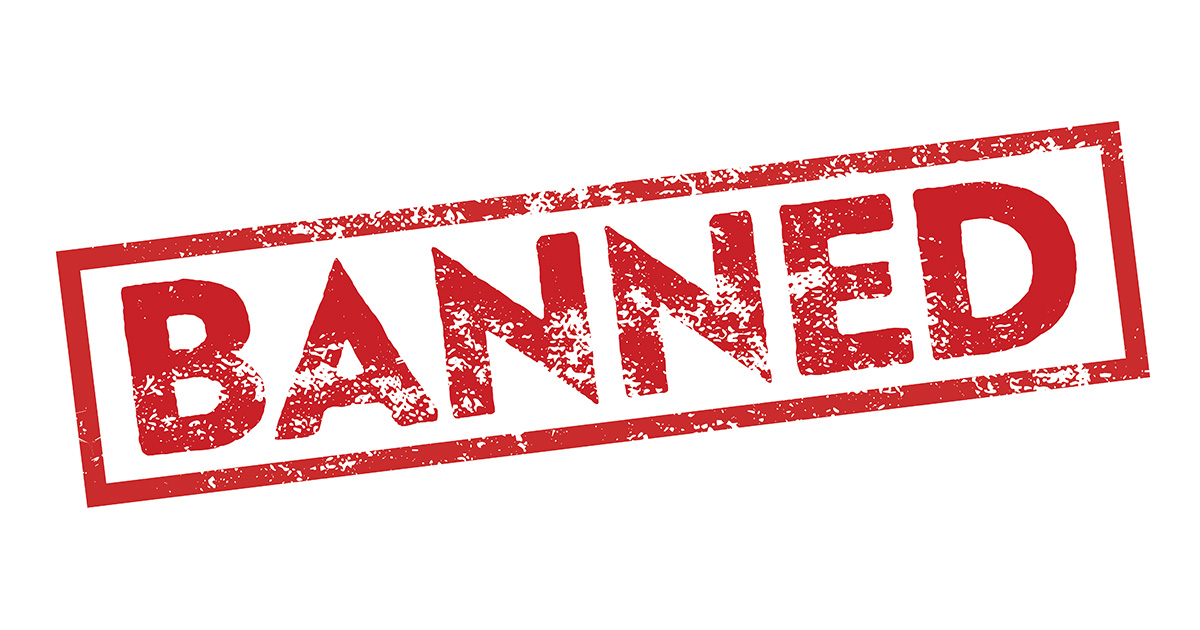BY: NICK HILL, LPG
On December 8, 2024, the Environmental Protection Agency (EPA) issued a groundbreaking final rule under the Toxic Substances Control Act (TSCA). This rule bans all uses of trichloroethylene (TCE) over time (with the vast majority of identified risks eliminated within one year) and bans the manufacturing, processing, and distribution of tetrachloroethylene (PCE or “Perc”) in commerce for all consumer uses and many commercial uses.
According to Federal Register 89 FR 102568, effective on January 16, 2025, the TCE ban will eliminate most consumer and industrial uses within one (1) year. According to Federal Register 89 FR 103560, effective January 17, 2025, the PCE phaseout introduces a timeline that will eliminate all consumer and most commercial PCE uses within 10 years.
Understanding TCE and PCE
- PCE and TCE are nonflammable chlorinated solvents that are volatile organic compounds (VOCs) with varying degrees of toxicity. PCE can biodegrade into TCE, and PCE may contain trace amounts of TCE as an impurity or a contaminant.
- Both chemicals have historically been used in automotive repair, parts washing, manufacturing processes, and dry cleaning industries.
Key Impacts on Dry Cleaners
Both PCE and TCE have been readily used as part of the dry cleaning process for decades. While many dry cleaners have been transitioning away from the use of PCE and TCE, some dry cleaners are still using these solvents today, especially as a spot cleaner. For those clients who are using (or may be considering the use of) PCE and/or TCE, here are a few important notes:
- All TCE use in dry cleaning will be prohibited after September 15, 2025.
- All PCE use in dry cleaning will be prohibited after December 19, 2034, with the following roll-out of compliance dates:
- New Machines: PCE use will be prohibited for dry cleaning machines acquired after January 16, 2025.
- Existing Machines: PCE use in 3rd generation dry cleaning machines will be prohibited after December 20, 2027, and prohibited in 4th/5th generation machines after December 19, 2034.
- Further details are available via the EPA PCE rule and TCE rule websites.
Compliance and Support
- The EPA plans to release compliance guidance for the use of PCE in dry cleaning and for other industries affected by the TCE final rule.
- Alternatives to TCE and PCE with comparable costs and efficacy to TCE and PCE are reasonably available, according to EPA evaluations.
- Small businesses, including dry cleaners, may access transition funding if approved under President Biden’s Fiscal Year 2025 budget.
Additionally, the EPA will host a public webinar to explain what is in the PCE final rule and how it will be implemented on Wednesday, Jan. 15, 2025, at 12:30 p.m. EST. Registration is available on the Final Regulation of Perchloroethylene under TSCA webinar page.
Next Steps for Businesses
While the EPA is allowing some uses of TCE and PCE to continue under stringent workplace safety controls for longer than the presented phaseout timelines in select industries, dry cleaning is not included as an exemption. Therefore, dry cleaners who have not switched to non-chlorinated solvent options should begin preparing for the transition. We will continue monitoring the TCE-PCE information that EPA shares to keep our clients informed.
We have partnered with dry cleaners for over 25 years to ensure our specialized environmental services protect the long-term interests and personal needs of dry cleaners. If you have questions concerning your dry cleaner, contact us today.
